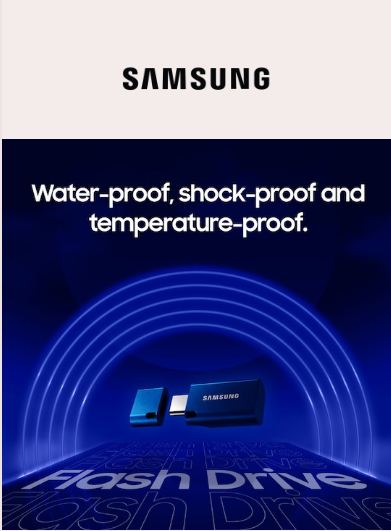NRG Energy is a leading energy and home services company fueled by market-leading brands, proprietary technologies and complementary sales channels. Across the US and Canada, NRG delivers innovative, sustainable solutions, predominately under brand names such as NRG, Reliant, Direct Energy, Green Mountain Energy and Vivint, while also advocating for competitive energy markets and customer choice. NRG sold 152 TWhs of electricity and 1,892 MMDth of natural gas in 2023, making it one of the largest competitive energy retailers in the US. The company owns and leases a diversified wholesale generation portfolio with approximately 13,100 MW of fossil fuel, nuclear and renewable generation capacity at some 20 plants. Through a joint venture, NRG owns a 37.5% interest in Gladstone, a 1,613 MW coal-fueled power generation facility in Queensland, Australia.
Services
Major types of utilities
Power: Generate, transmit, and distribute electrical power. These utilities operate large power plants, wind farms, solar arrays, and hydroelectric dams to ensure a continuous supply of electricity.
Natural Gas: Supply fuel for heating, cooking, and electricity generation. These utilities manage extensive networks of pipelines and storage facilities.
Water: Provide clean drinking water and manage wastewater. These utilities maintain treatment plants, distribution systems, and sewage networks.
Sewage: Handle wastewater collection and treatment, ensuring that sewage is processed and returned to the environment safely.

Water and sewer house utilities
All homeowners are responsible for setting up their local water and sewage services to have a properly functioning home. Depending on where you live, the rules for how or when you pay for water or sewer can be completely different. Typically, the usage of water is measured by a meter in your home, which is then reported to your local municipality or utilities service for a bill.
Certain states or areas are not required to pay for water utilities, and others have seasonal rates, flat rates, or usage-based rates.
Trash and recycling
All trash and recycling taken from your house has to be processed by city waste management and is considered a utility in a home. The curbside collection comes with a fee and has different rates depending on where you are located and what your local government has set. This is usually a small monthly fee.
Electric and gas home utility bill
Anything that requires power in your home, whether it be your heating system or your TV, will require energy. To get those services to your house, whether it be natural gas for heat in the winter or an electric supply for your appliances, it will cost you money. Electricity is probably the most essential on the utilities list and will most likely cost you the most depending on how much energy you use.
Cable, internet, and phone – utility bills example
This section of house utilities is not typically essential or required to have a functioning home. They are among some of the most common utilities as we are moving toward an internet-based world, so it is important to include them in your budgeting list. All three services can usually be bundled and found from local service providers in your area.
NextEra Energy (NEE) is an electric power and energy infrastructure companies in North America. NEE has two principal businesses, Florida Power & Light Company (FPL) and NextEra Energy Capital Holdings, Inc. (NEER). FPL is the largest electric utility in the state of Florida and one of the largest electric utilities in the US. FPL's strategic focus is centered on investing in generation, transmission and distribution facilities to deliver on its value proposition of low customer bills, high reliability, outstanding customer service and clean energy for the benefit of its approximately 5.9 million customer accounts. NEER is the world's largest generator of renewable energy from the wind and sun, as well as a world leader in battery storage.
Southern Company is a leading energy provider serving millions of residential and commercial customers across the Southeast and beyond through its family of companies. It owns three traditional electric operating companies, Southern Power Company, and Southern Company Gas. The Southern Company system's primary businesses are electricity sales by the traditional electric operating companies and Southern Power and the distribution of natural gas by Southern Company Gas. It also owns SCS, Southern Linc, Southern Holdings, Southern Nuclear, PowerSecure, and other direct and indirect subsidiaries. SCS, the system service company, has contracted with Southern Company, each of the Subsidiary Registrants, Southern Nuclear, SEGCO, and other subsidiaries.










